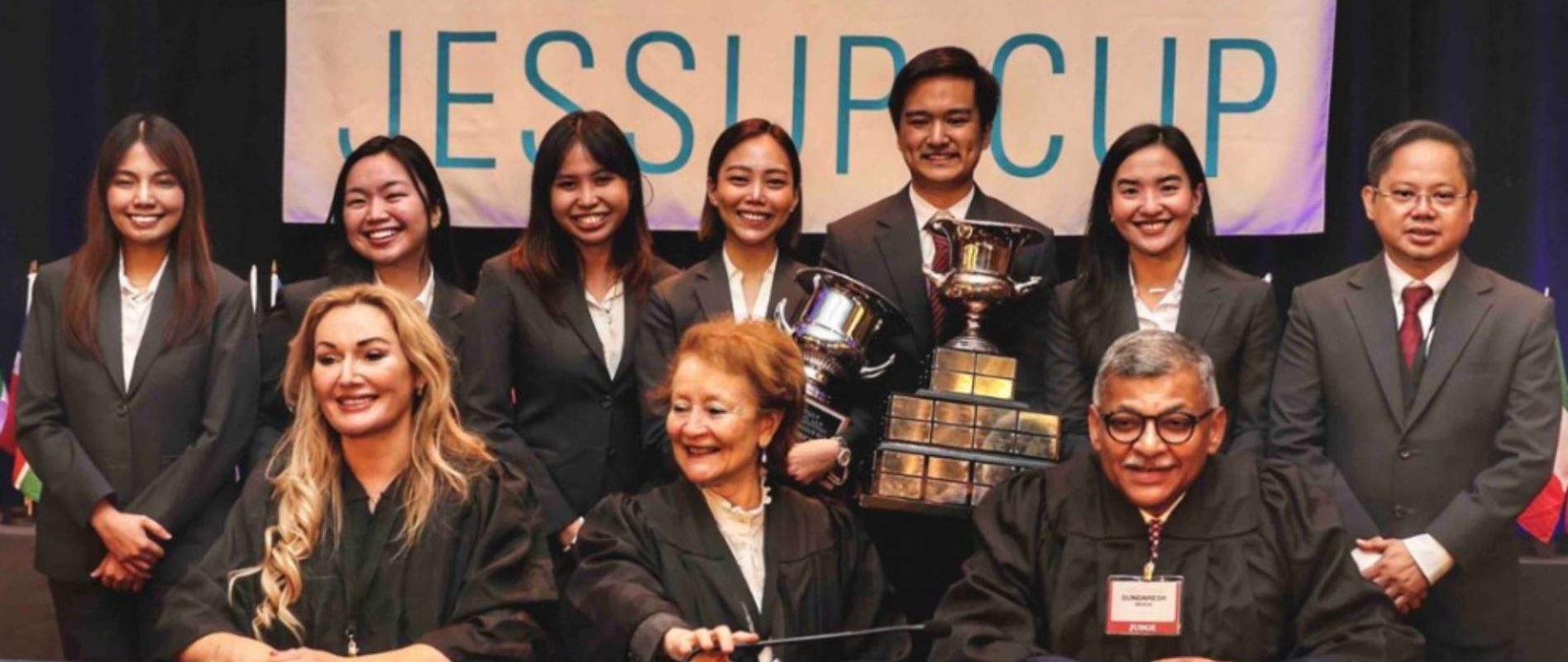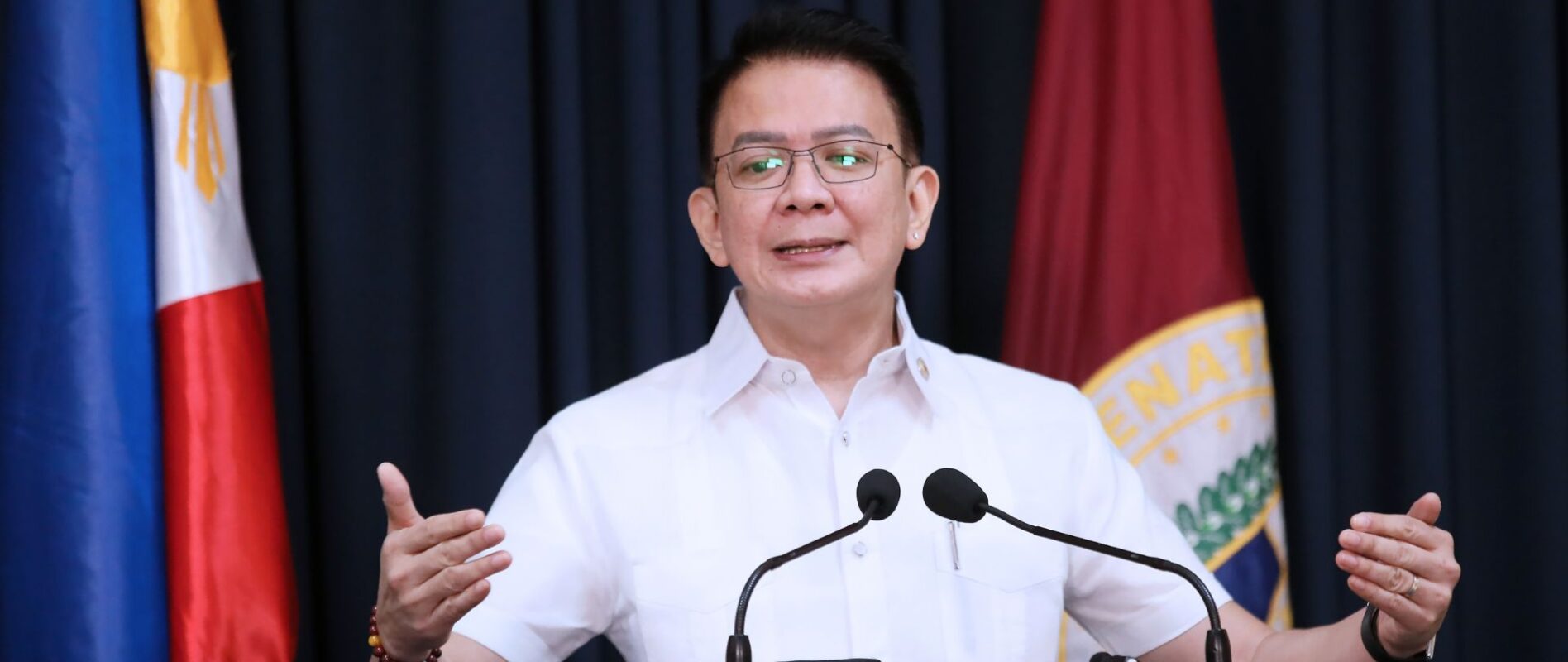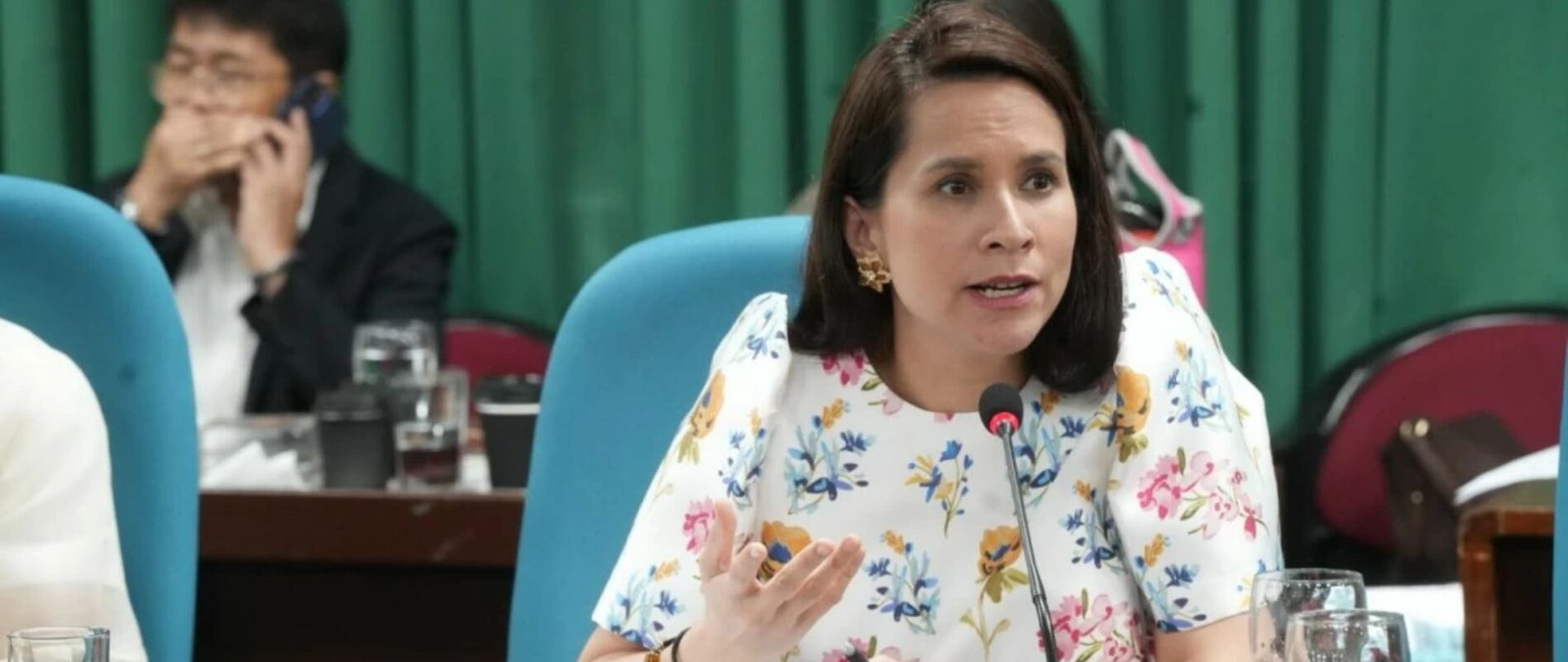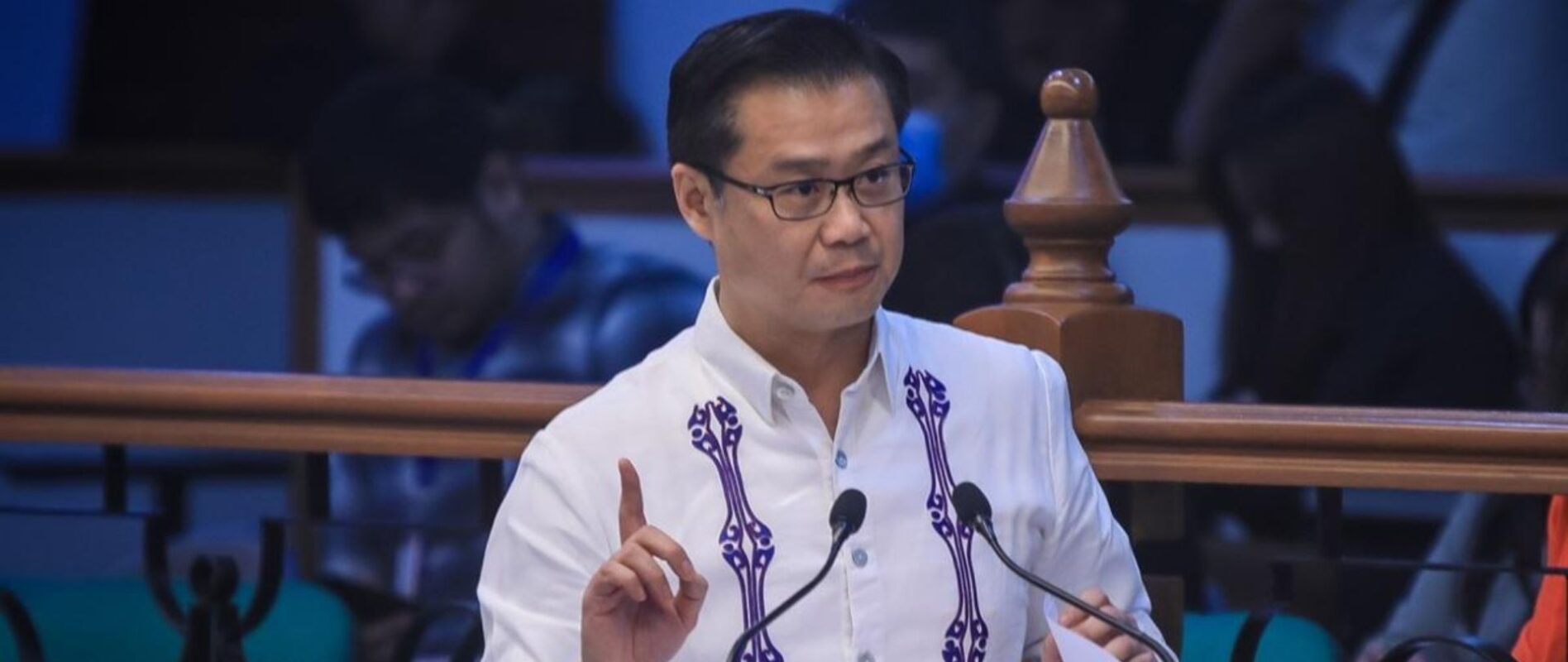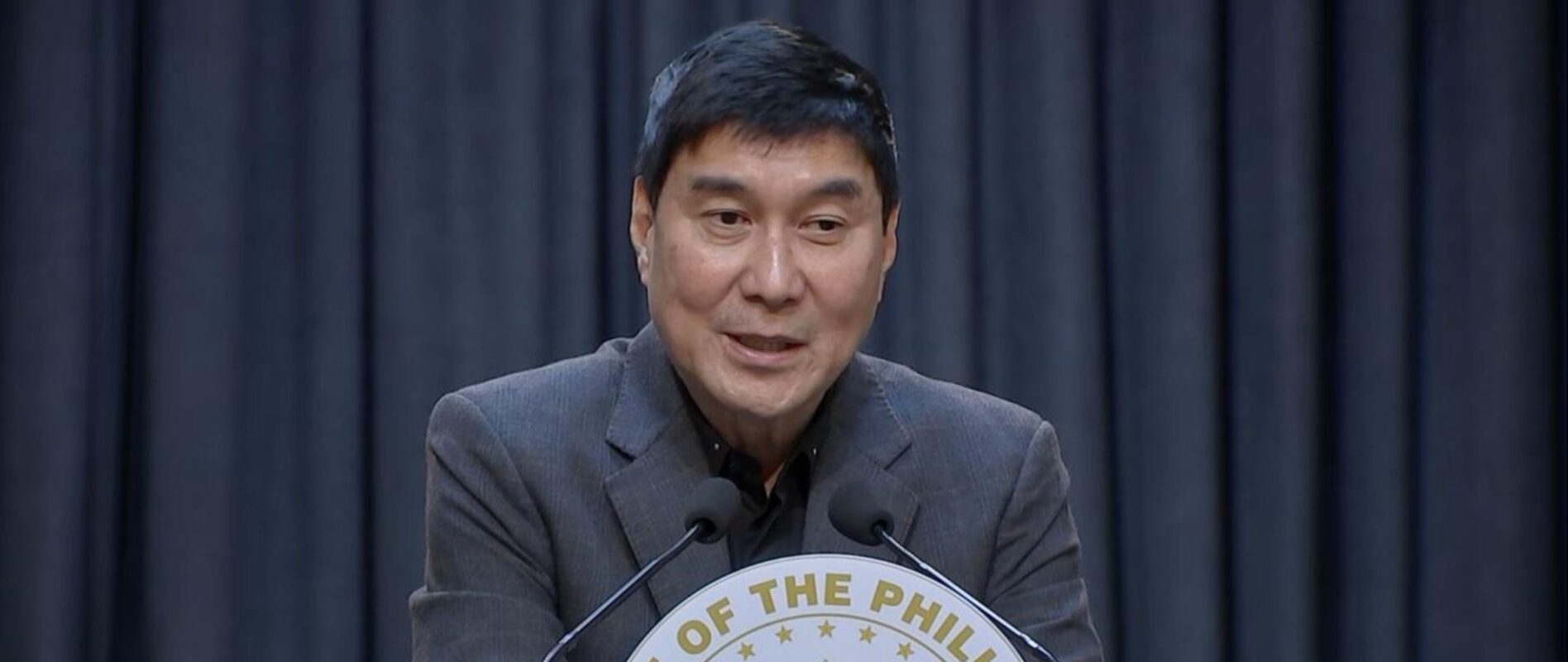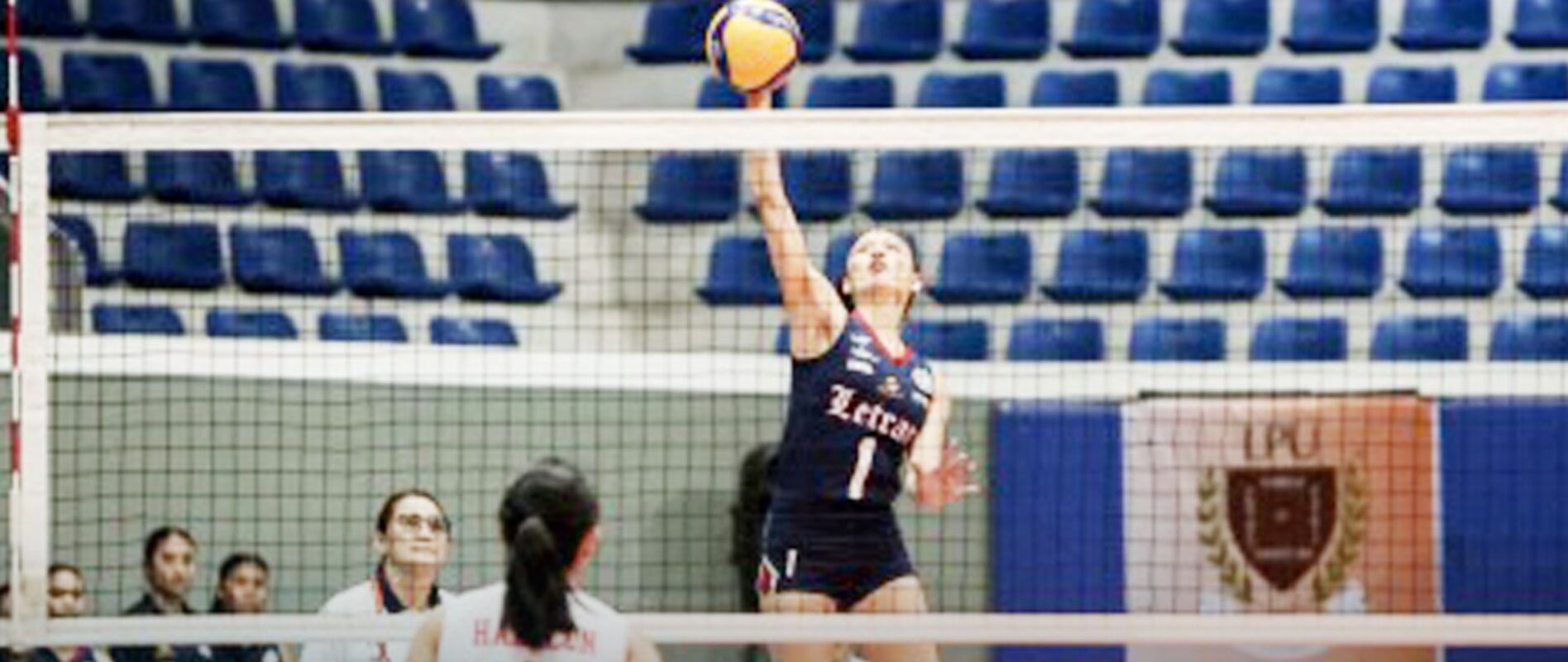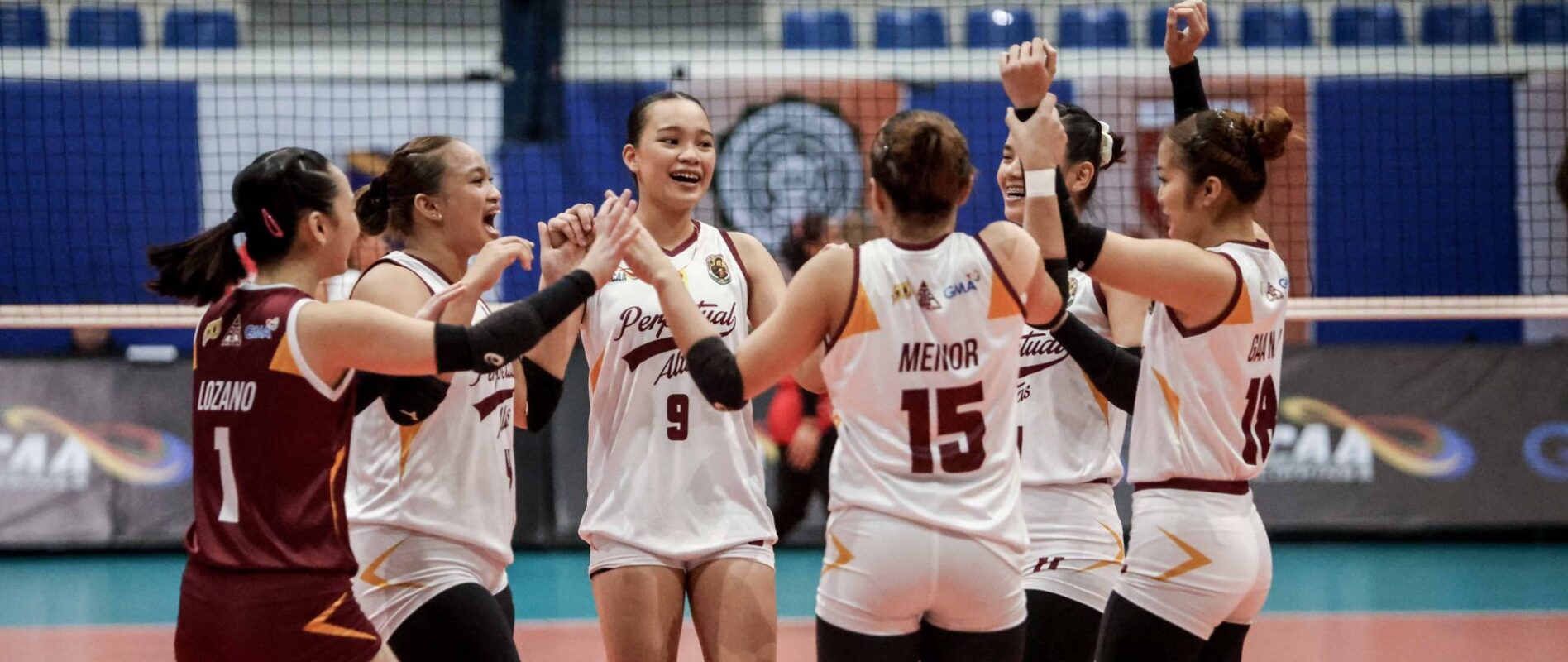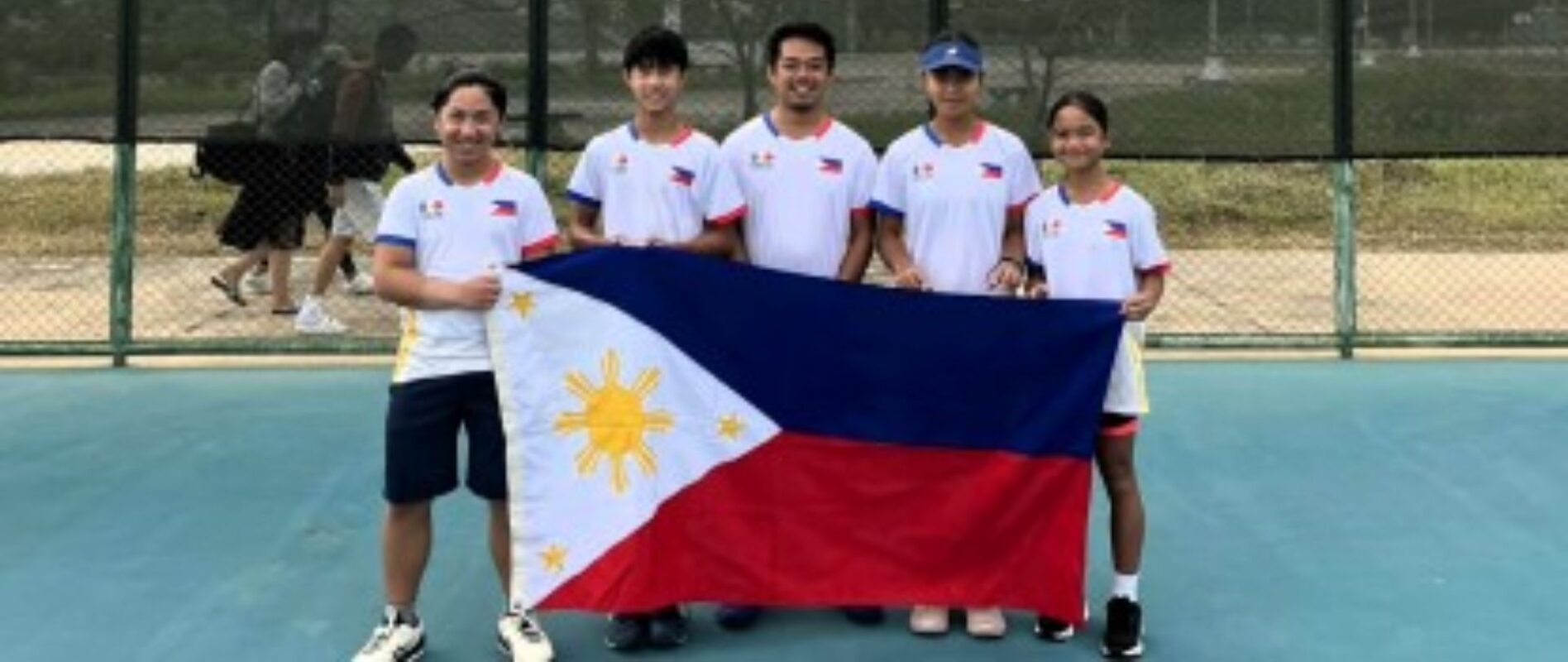UP STUDENTS WIN IN 2024 JESSUP MOOT COURT TILT
AFTER nearly three decades since their last triumph in the competition, students of the University of the Philippines made history once again by emerging as World Champions in the 2024 Philip C. Jessup Moot Court Competition held in Washington, DC.
AFTER nearly three decades since their last triumph in the competition, students of the University of the Philippines made history once again by emerging as World Champions in the 2024 Philip C. Jessup Moot Court Competition held in Washington, DC.
The UP Law Jessup Team was composed of Mary Regine Dadole, Pauline De Leon, Pauline Samantha Sagayo, Chinzen Viernes, and Ignacio Lorenzo Villareal.
Villareal also clinched the Schwebel Award for Best Oralist Award in the Championship Round.
“This historic win not only solidifies UP Law’s position as a leading institution in moot court competitions globally but also shines a spotlight on the excellence of Philippine law students and the broader Asian legal community,” UP Law said.
“With UP Law’s last and only world championship title dating back to 1995 and no Asian university securing victory since 2004, this triumph marks a watershed moment in legal education,” it added.
UP said the team’s outstanding performance led them to be the only Philippine representative in the quarterfinals and the sole Asia-Pacific team.
They clinched victory over Universidad Torcuato Di Tella of Argentina in the world championships after besting 642 teams.
Team members were coached by Professor Marianne Vitug, while Professor Rommel Casis served as the faculty advisor.
The Philip C. Jessup Moot Court Competition stands as the oldest, largest, and most esteemed moot competition worldwide, attracting participation from law schools across the globe.
This year’s problem, “The Case Concerning The Sterren Forty”, simulated a fictional dispute between nations before the International Court of Justice, the judicial organ of the United Nations, tackled pressing issues of political expression, statelessness, nationality rights, and the authority of the United Nations Security Council in dispute resolution.

